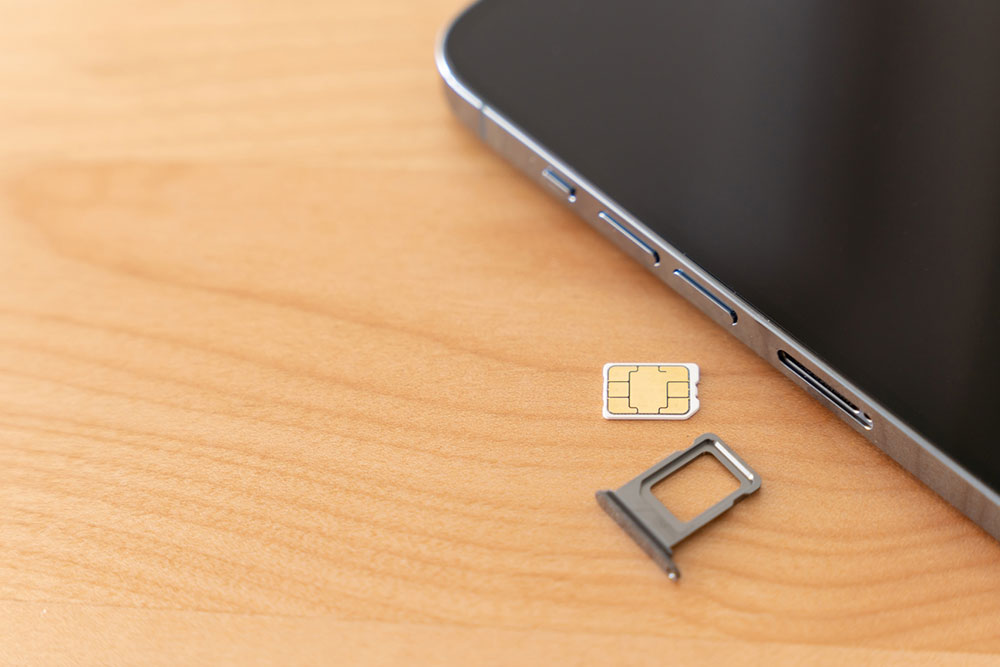13 Mistakes People Make While Switching Phone Carriers

In the fast-paced world of mobile technology, changing phone carriers is common. Whether enticed by better rates, improved coverage, or upgraded services, individuals often seek new horizons in mobile communication. However, this process can lead to unexpected pitfalls if not handled carefully. This guide explores individuals’ prevalent mistakes when transitioning from one carrier to another. By avoiding these mistakes, consumers can ensure a seamless switch that maximizes benefits and minimizes disruptions in their mobile experience.
1. Not researching enough about the new carrier
One of the individuals’ most fundamental errors is neglecting thorough research of prospective carriers. Assuming all carriers are the same can lead to mismatched expectations and dissatisfaction. Examining coverage maps, network speeds, and user reviews specific to the new carrier is crucial. This empowers users with vital insights, ensuring they make informed decisions that align with their communication needs.
2. Failing to check contract terms
Transitioning to a new carrier prematurely without understanding the contractual terms with the current provider can result in unexpected financial consequences. Early termination fees or outstanding balances on device payments can catch individuals off guard. Reviewing the existing contract carefully is imperative, ensuring that all financial obligations are met before switching.
3. Disregarding device compatibility
In the excitement of a carrier switch, individuals may overlook the compatibility of their current device with the new network. Some carriers operate on distinct technologies; not all devices are universally compatible. Ensuring the existing phone is compatible with the new carrier’s network prevents potential headaches associated with signal loss or functionality issues.
4. Forgetting to unlock the device
Switching carriers often involves transferring a device from one network to another. However, if the phone is locked to the previous carrier, it may not function on the new network. Individuals must contact their current carrier to request an unlock code, enabling the device to be used with other carriers. Failing to unlock the device can result in frustration and delayed activation.
5. Not backing up data
Transferring data from one device to another is critical when switching carriers. Failing to back up important contacts, photos, messages, and apps can lead to significant data loss. Utilizing cloud services, computer backups, or specialized apps ensures that no valuable information is left behind during the transition.
6. Overlooking the activation process
Once the new carrier’s SIM card is inserted into the device, it’s essential to follow the activation process carefully. It may involve contacting customer service, using an online portal, or employing a carrier-specific app. Neglecting proper activation steps can lead to delays in service and functionality issues.
7. Overlooking trial periods and return policies
Every carrier offers a trial period during which users can assess network performance and coverage. Failing to take advantage of this trial period or disregarding return policies can result in dissatisfaction with the new carrier. It’s crucial to thoroughly test the new network to ensure it meets expectations before committing to a long-term contract.
8. Ignoring hidden costs
While a new carrier may advertise competitive rates, it’s essential to consider potential hidden costs. These may include activation fees, taxes, surcharges, and fees for additional services. Individuals should review the carrier’s fee structure to understand the actual cost of their service.
9. Not porting the number correctly
Porting a phone number from one carrier to another is a crucial step in the switching process. Providing inaccurate or incomplete information during the porting process can result in losing the original number. Careful attention to detail and verification of porting information is essential to retain the desired phone number.
10. Overlooking customer support quality
Seamless customer support is a cornerstone of a satisfactory carrier experience. Overlooking the quality of customer service offered by the new carrier can lead to frustration in the event of technical issues or account-related inquiries. Researching customer reviews and experiences with the carrier’s support team ensures that assistance is readily available.
11. Dismissing network speeds and coverage
While a carrier may offer enticing plans and rates, it’s vital to consider the quality of their network coverage and data speeds. Neglecting to assess these factors can lead to frustrating experiences, especially in areas with poor coverage. Understanding the carrier’s network capabilities ensures a seamless communication experience.
12. Neglecting family plan considerations
For those with multiple lines or family plans, overlooking the implications of a carrier switch on all associated lines can lead to complications. Each line may have contract terms, device payments, and plan features. Understanding how a carrier switch affects all lines helps prevent misunderstandings and potential financial surprises.
13. Not reviewing international roaming options
If international travel is part of the plan, individuals should consider the carrier’s international roaming options. Ignoring this aspect can lead to exorbitant fees or limited connectivity abroad. Some carriers offer affordable international plans or options for temporary international use. It’s essential to explore these offerings to ensure seamless communication while traveling.
Several major carriers dominate the mobile communications landscape in the country. Verizon, AT&T, and T-Mobile are the largest carriers, each offering a range of plans and services. Verizon boasts extensive coverage, making it an excellent choice for those frequently traveling or living in rural areas. It is one of the best and easily available options for people looking for quality phone and internet plans. AT&T offers a robust network and various plan options, making it a versatile choice for many users. T-Mobile is known for its competitive pricing and customer-friendly policies, making it an attractive option for budget-conscious consumers.






